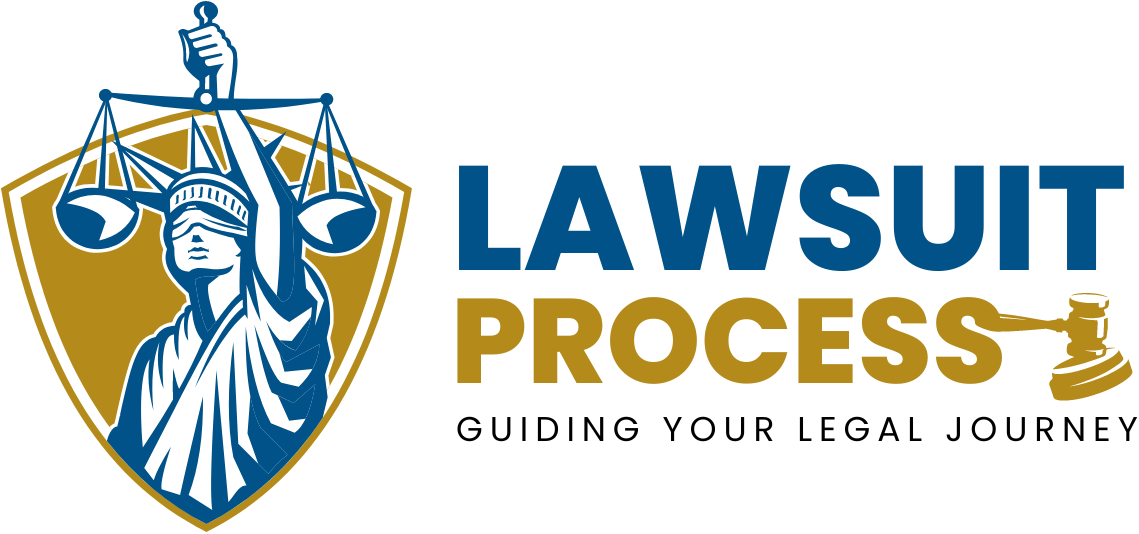Hiring the right personal injury lawsuit attorney is essential for a successful case outcome. Asking the correct questions ensures you make an informed decision. Here are 10 questions to ask personal injury lawsuit attorneys before you hire one. These questions will help you evaluate an attorney’s skills, experience, and compatibility with your needs.
Table of Contents
- 1. What is your experience in personal injury cases?
- 2. Have you handled cases similar to mine before?
- 3. What is your success rate with personal injury lawsuits?
- 4. Who will handle my case directly?
- 5. How do you charge fees, and what is the cost structure?
- 6. What is your approach to building a case strategy?
- 7. How often will you update me on my case?
- 8. Do you have testimonials or references from past clients?
- 9. What challenges do you foresee in my case?
- 10. How long do you expect my case to take?
- Conclusion
1. What is your experience in personal injury cases?
Start by assessing the attorney’s overall experience in personal injury law. Experience directly impacts their ability to handle your case effectively. Choose attorneys who have dedicated years to personal injury cases, as this demonstrates a deeper understanding of relevant laws and procedures.
2. Have you handled cases similar to mine before?
Each personal injury case is unique. Ask whether the attorney has worked on cases similar to yours. For instance, if your case involves a car accident or medical malpractice, ensure the attorney has specific experience in that area. Their familiarity with similar cases often increases your chances of success.
3. What is your success rate with personal injury lawsuits?
Understanding an attorney’s success rate provides insight into their ability to achieve favorable outcomes. Inquire about their track record with settlements and verdicts. High success rates typically indicate strong negotiation skills and courtroom expertise.
4. Who will handle my case directly?
Ensure you know who will manage your case. Some firms assign junior staff or paralegals to handle the majority of the work. Clarify if the attorney you meet will personally oversee your case or delegate responsibilities. This information helps set accurate expectations.
5. How do you charge fees, and what is the cost structure?
Cost transparency is critical when hiring an attorney. Most personal injury attorneys operate on a contingency fee basis, meaning they only get paid if you win. However, confirm the percentage they will take and whether additional costs, such as filing fees, are included. This ensures you avoid unexpected expenses.
6. What is your approach to building a case strategy?
Learn about their methods for constructing a strong case. Ask how they gather evidence, deal with insurance companies, and prepare for court. A well-thought-out strategy significantly enhances your case’s strength and the likelihood of a successful resolution.
7. How often will you update me on my case?
Communication is crucial during a legal process. Discuss how frequently the attorney will provide updates about your case. Regular updates keep you informed about progress and any challenges, ensuring you remain involved throughout the process.
8. Do you have testimonials or references from past clients?
Client testimonials and references offer valuable insights into an attorney’s reputation and client satisfaction. Request contact information for former clients who are willing to share their experiences. Positive reviews often reflect an attorney’s professionalism and competence.
9. What challenges do you foresee in my case?
Every legal case comes with potential challenges. Ask the attorney to identify possible obstacles in your case and how they plan to address them. Their response demonstrates their preparedness and problem-solving abilities, which are vital in complex legal situations.
10. How long do you expect my case to take?
Timeframes for personal injury cases vary depending on factors such as case complexity and court schedules. Ask the attorney for an estimated timeline and discuss any factors that could cause delays. Knowing this helps you set realistic expectations for your case’s resolution.
Conclusion
Asking these ten essential questions ensures you make a well-informed decision when hiring a personal injury lawsuit attorney. Each question addresses crucial aspects of their expertise, communication style, and approach to your case.
By thoroughly evaluating their responses, you can confidently choose an attorney who will work diligently to secure the best possible outcome for your case.
You may also like to read:
How to Choose the Best Personal Injury Lawsuit Attorney for Your Case
The Role of Personal Injury Lawsuit Attorneys in Maximizing Your Compensation










